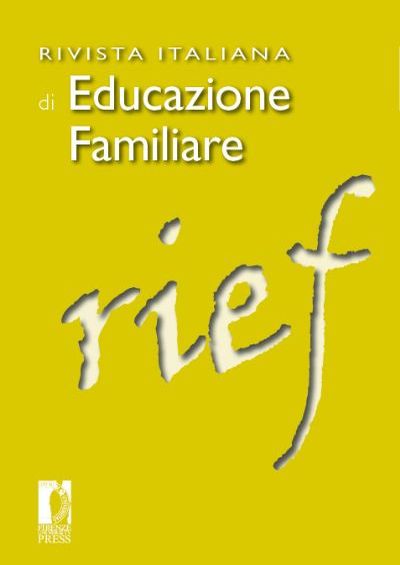Download full call for papers HERE
FAMILY RELATIONSHIPS AND PARENTING IN A TIME OF COVID-19
Covid-19 has upset our habits of life and, with them, the whole sphere of relationships, introducing on the one hand an excess of proximity of intimate relationships, on the other a drastic and unprecedented general thinning, leading to dramatic results, such as their permanent interruption with the death of one or more family members.
Many have compared this health crisis to a war; to a catastrophic event destined to change the scenario of the current era, also advancing the idea that our individual and social habits, once they have passed the most critical phase we are experiencing today, will not be able to go back to being like “before”.
To respond to the emergency, the world of education and training has rapidly implemented teaching/learning /assessment, and distance education and didactics support methods.
A further task, for all the scientific community – including pedagogists – and equally important for facing this historical moment, is that one to reflect on what is happening, and on the effects that the pandemic is producing: immediately, and in the future.
The «Italian Journal of Family Education» («Rivista italiana di educazione familiare» – RIEF) therefore proposes itself as a space for reflection, hence urging the pedagogical community and the world of education to reflect on the present, investigating both the impact of the rules aimed at containing the spread of Covid-19 on family life, especially concerning “stay at home” orders, and the effects of Covid-19 on our families. A virus so tiny, but powerful enough to reach every corner of the globe in such a short time, suspending, subverting, or even breaking, family ties.
For some types of families and parenting styles, the health crisis has having particularly harsh and disorienting consequences, so as to overwhelm intra-family relationships that make up the precious “plot” of our society: let’s think for example of separated/divorced couples’ children and their parents, who could be unable to look after them because the restrictions on mobility, or of single-parent families, deprived of childcare and in the need to work; think also of grandparents and grandchildren, and of elderly children and parents facing with the difficulties of maintaining intergenerational relationships; or, again, let’s think about parents who practice a profession that exposes them to the risk of contagion and, with them, their family members, including children.
If we look at a world-wide scale, the consequences of this situation are potentially devastating: let’s think about children and families of the poorest areas of the planet, in which economic recession caused by the pandemic and the fragility of social and health protection systems is going to expose them hunger and violence, therefore jeopardizing their right to education and training; a ground, this last one, on which positive progress has been made just in recent decades.
To a global problem, global answers must therefore be given: hence RIEF’s request to the international pedagogical community, to contribute with reflection, narration of experiences, and witnesses on the forms of unease and resilience, caused by the pandemic. These interventions (from a minimum of 2 to a maximum of 5 folders) will be hosted on RIEF e’s website, in a special section under construction. In the event that the relative Authors, in the following months, will want to give their interventions a scientific profile congruent with the standards of the journal, their contributions will form a RIEF special issue, coming out in the first half of 2021.
Florence, April 7, 2020 The Editor-in-Chief

